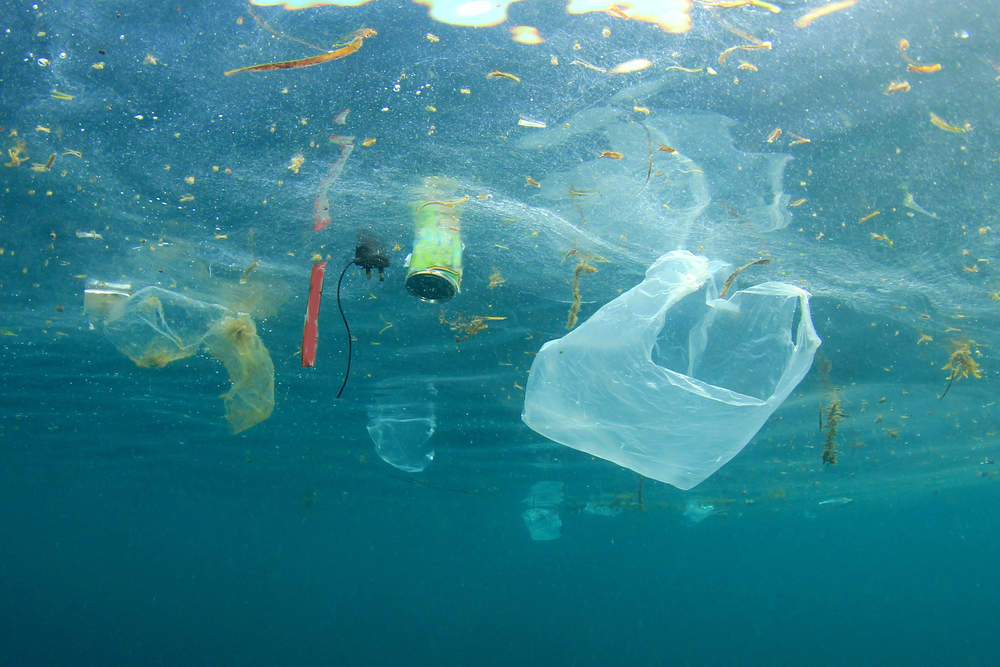
Plastic waste in the oceans will treble in the next decade, according to a new report conducted by the UK’s Government Office for Science.
Given the extent of the problem, it is hard to say just how much plastic has ended up in our waters.

Access deeper industry intelligence
Experience unmatched clarity with a single platform that combines unique data, AI, and human expertise.
However, the report predicts a three-fold increase between 2015 and 2025. The study’s higher estimate suggests that waste could rise from less than 100 million metric tonnes in 2015 to almost 250 million metric tonnes in 2025.
According to Greenpeace, an additional 12.7 million metric tonnes of plastic finds its way into our oceans each year.
The report also looks at potential opportunities to grow the “ocean economy”, which it predicts will double to $3 trillion by 2030 thanks to new technology.
More than 500,000 people in the UK work in industries connected to the sea. This adds more than £47 billion to the economy annually.

US Tariffs are shifting - will you react or anticipate?
Don’t let policy changes catch you off guard. Stay proactive with real-time data and expert analysis.
By GlobalDataHowever, the UK must look for alternative ways, aside from oil and gas, fishing and shipping, to profit from the ocean or face missing out on rising revenues.
What was said:
Professor Edward Hill from the UK National Oceanography Centre, one of the authors of the study, told the BBC:
The ocean is critical to our economic future. Nine billion people will be looking to the ocean for more food. Yet we know so little of what’s down there.
We invest a lot of money and enthusiasm for missions to space, but there’s nothing living out there. The sea bed is teeming with life. We really need a mission to planet ocean – it’s the last frontier.
Why it matters:
The sea covers 70% of the world’s surface and is essential to regulating global temperature, water, and oxygen and carbon dioxide levels.
Understanding, and more importantly maintaining the state of our oceans, is of great importance.
A spokesperson from the Ocean Cleanup, a foundation focused on riding the oceans of plastic waste, previously told Verdict:
“Because plastic is such a persistent material, the ecological, economic and eco-toxicological effects of plastic pollution are all long-term.”
According to the group, plastic waste in the oceans pose a physical threat to marine life, which can get entangled in the waste or ingest it.
Likewise, there it can also transport harmful pollutants to remote areas of the ocean, meaning the problem could be further reaching than it might seem.
Plastic waste in our waters can also have economic effects on the fishing, shipping and tourism industries.
Background:
Plastic production has been climbing since the 1950s and previous studies have estimated that as much as 10% of that ends up in the ocean.
Much of this plastic is unaccounted for. However, a recent study found plastics in bottled water. As much as 90% of water bottled by popular brands contains traces of microplastics.







